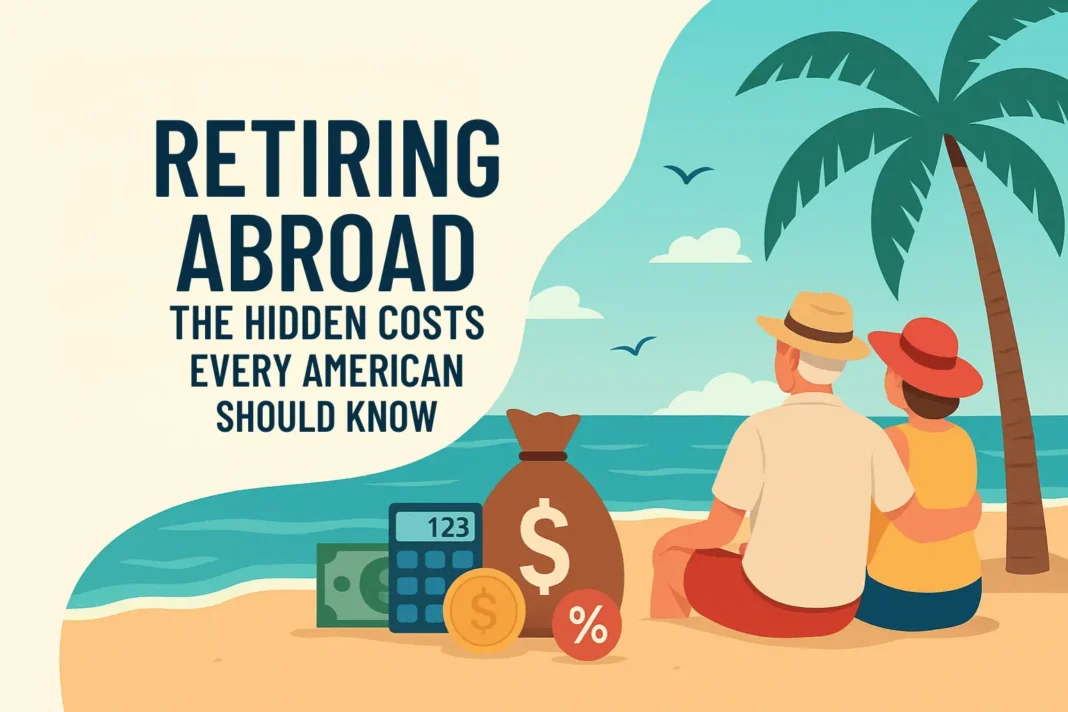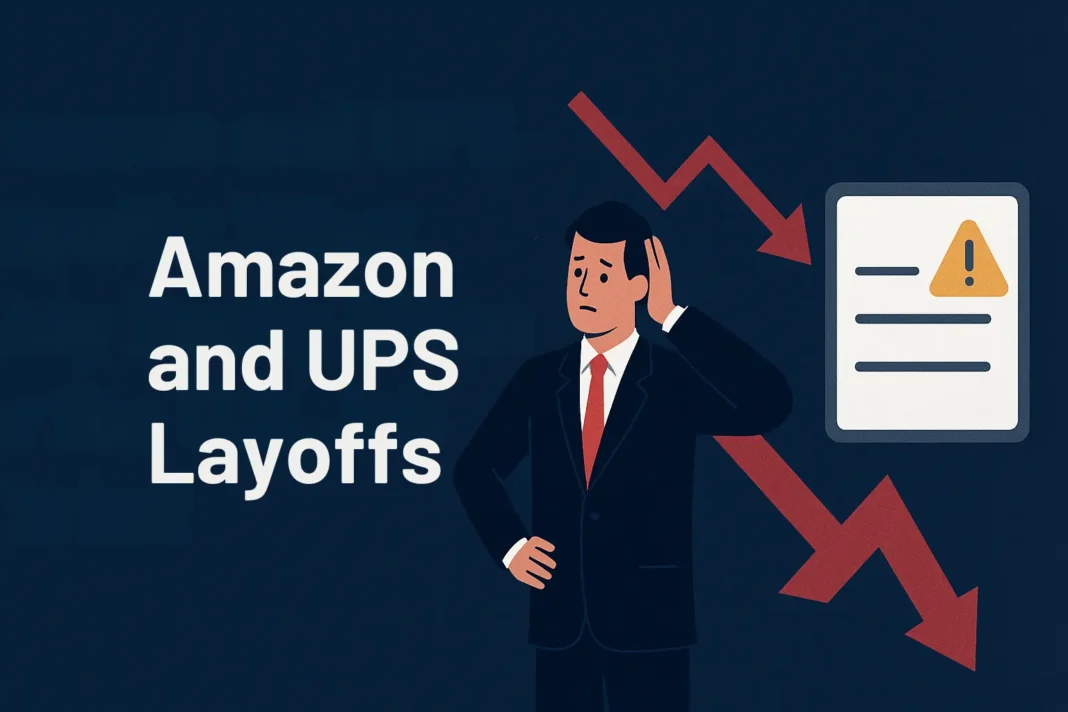Retiring Abroad
Ever imagined spending your golden years sipping coffee in an Italian village, soaking up the sun in Mexico, or exploring the vibrant streets of Thailand — all while stretching your retirement dollars? You’re definitely not alone. The dream of retiring abroad has become one of the most tempting ideas for Americans looking for adventure and affordability.
But here’s the truth: while that dream can absolutely come true, it’s not always the financial paradise social media makes it out to be. In fact, for many retirees, living overseas can be just as pricey — or even more expensive — than staying in the U.S.
Let’s unpack the often-ignored financial realities behind this “retire abroad and save big” idea.

The Tax Trap: You Can’t Escape Uncle Sam
Many future expats assume that once they move overseas, their U.S. tax responsibilities vanish. Not quite!
The United States is one of only two countries in the world (the other is Eritrea) that taxes its citizens on worldwide income. This means even if you live full-time in another country, you’ll still need to file taxes in the U.S.
There are tools to help ease the burden — like the Foreign Earned Income Exclusion (FEIE) and certain tax treaties — but these typically don’t apply to retirement income such as pensions or Social Security. Without expert tax advice, you could find yourself paying more than you bargained for.
Healthcare Abroad: Medicare Won’t Cover You
Healthcare is often the biggest surprise for retirees overseas. Medicare, which most Americans rely on after 65, generally does not cover medical care outside the U.S.
This means you’ll need to:
-
Purchase private international health insurance, or
-
Qualify for your host country’s public healthcare system.
Both options come with costs, limitations, and fine print. Some countries have excellent care at a fraction of U.S. prices, but others require proof of income, age limits, or expensive premiums. And if an emergency strikes, you may still need to fly back home — another cost to factor in.
Banking, Investments, and Hidden Fees
Managing your money across borders sounds simple — until you realize how many financial rules you’ll need to follow.
You could face:
-
Foreign exchange fees when converting dollars,
-
Transfer costs on international wires,
-
Investment restrictions on U.S. accounts once you’re a non-resident,
-
And reporting requirements like FBAR (Foreign Bank Account Report), which can lead to penalties if ignored.
Even something as simple as accessing your retirement funds may require rethinking your entire financial setup.
Other “Hidden” Costs to Watch For
Retiring abroad isn’t just about visas and rent — there are lots of smaller costs that add up fast:
-
Visa renewals, residency applications, and legal fees
-
Travel costs to visit family back home
-
Language lessons or translators
-
Home repairs in a foreign currency
-
Import taxes or higher costs for familiar goods
That “cheap” beach town can start feeling less affordable once you include all the extras.
How to Plan Smart Before You Move
Dreams are great — but planning makes them possible. Here’s your Squid Boost action plan for a smooth transition:
1. Do Deep Research
Don’t just rely on travel blogs. Join expat Facebook groups, Reddit threads, or local forums where real retirees share their experiences and costs.
2. Consult the Pros
Hire a financial advisor and tax expert who specialize in expat finances. They’ll help you avoid double taxation, structure your investments, and stay compliant.
3. Prioritize Healthcare
Compare international health insurance plans and understand what’s covered locally. Find out if you’ll need proof of income or residency to qualify.
4. Test Drive Your Dream
Before you pack everything, try living abroad for a few months. A “trial run” reveals the true day-to-day costs — and helps confirm if the lifestyle fits.
5. Build an Emergency Cushion
Have at least three to six months of living expenses saved, ideally in both U.S. dollars and local currency. Emergencies abroad are easier to handle when you’re financially prepared.
Should You Still Retire Abroad? Absolutely — But Be Smart
Retiring abroad can deliver the adventure, beauty, and lower living costs you’ve always wanted — if you approach it strategically.
The key is preparation. Understand the real costs, seek professional help, and make sure your finances are structured for flexibility and security.
That way, your dream retirement stays just that — a dream come true, not a financial nightmare.
Final Takeaway
Think of your retirement plan like a plane ticket: before takeoff, you need to know where you’re headed, what’s in your luggage, and how much it’s going to cost. With smart planning and awareness, your journey abroad can be financially sustainable and deeply rewarding.
FAQs
1. Is retiring abroad really cheaper than the U.S.?
It can be, but not always. Costs like taxes, healthcare, and travel can offset the savings of a lower cost of living.
2. Does Medicare cover me overseas?
No. You’ll need international health insurance or local healthcare coverage.
3. Do I have to pay U.S. taxes if I live abroad?
Yes. The U.S. taxes citizens on worldwide income, though certain exclusions and treaties may apply.
4. How much money do I need to retire abroad comfortably?
That depends on your destination, lifestyle, and healthcare needs — but plan for at least the same safety margin you’d keep at home.
5. What’s the best way to test a country before moving?
Rent short-term housing and live like a local for several months. It’s the best way to uncover true living costs and lifestyle fit.







